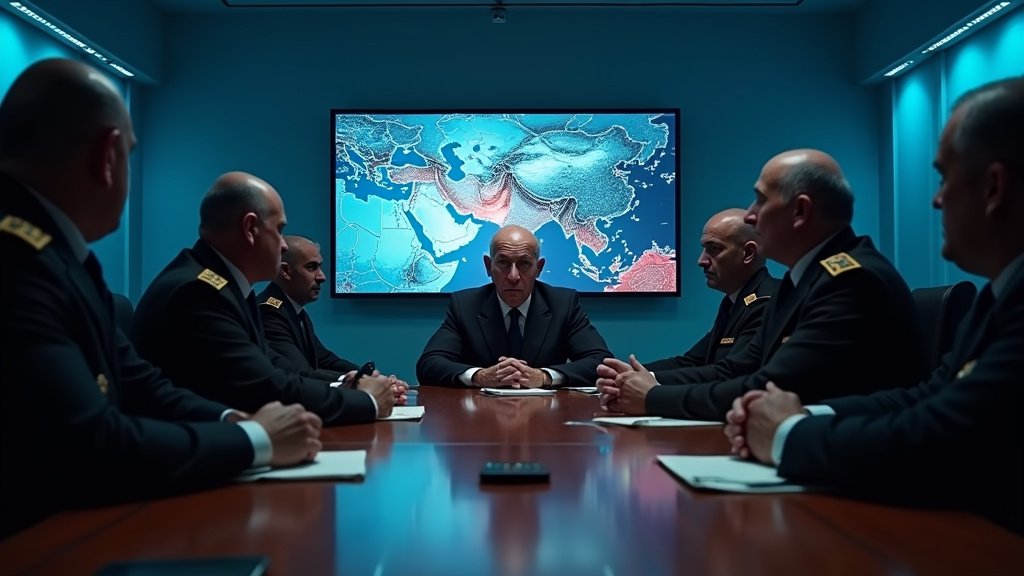Israeli Defense Minister Israel Katz issued a stark warning to Iran on July 10, 2025, stating that Israel would not hesitate to strike the nation again if threatened by Tehran. The declaration, delivered at an air force graduation ceremony, underscored Israel’s resolve to protect itself against any perceived aggression. The statement followed a tense period of heightened tensions in the region.
A Threat of Retaliation
During his address, Minister Katz minced no words in his warning to Iran. He emphasized that Israel’s capabilities extend to key Iranian cities, including Tehran, Tabriz, and Isfahan, making it clear that no location harboring threats against Israel would be safe. He stated that Israel’s reach and precision will allow them to strike any location from which it is threatened. Katz also stressed that should Israel be compelled to act again, it would do so with significantly increased force, sending a strong message of deterrence.
Context: The June Conflict
The Defense Minister’s remarks are set against the backdrop of a recent escalation. In June, the region witnessed a 12-day air war between Israel and Iran, raising serious concerns about the potential for a broader regional conflict. This conflict, which involved direct strikes on Iranian territory by Israel, saw significant military activity. The attacks targeted several key Iranian sites, including those suspected of being involved in the country’s nuclear program. The Israeli government cited its long-standing concerns about Iran’s pursuit of nuclear weapons as the primary justification for its actions.
Ceasefire and Diplomatic Efforts
The hostilities were ultimately brought to a halt by a US-brokered ceasefire. President Donald Trump announced the cessation of fighting on June 23, following intense diplomatic efforts aimed at de-escalating the crisis. The ceasefire, welcomed by international observers, provided a much-needed pause in the fighting and opened the door for renewed diplomatic efforts. Prior to the ceasefire, the conflict had threatened to spiral out of control, drawing in other regional actors and potentially leading to a wider war. The intervention of the United States was crucial in securing the agreement.
Focus on Iranian Nuclear Sites
A critical aspect of the June conflict was Israel’s focus on Iranian nuclear sites. Intelligence reports had raised alarms about the progress of Iran’s nuclear program. These reports suggested Iran was making advances towards the development of nuclear weapons, a prospect viewed with grave concern by Israel and its allies. The strikes on these sites were therefore seen as a preemptive measure to halt the program and safeguard Israel’s security. This aggressive action underscored Israel’s determination to prevent Iran from acquiring nuclear weapons, which is viewed as an existential threat.
Implications and Future Prospects
The situation remains precarious, with the potential for renewed conflict always present. Minister Katz’s recent statements serve as a clear warning to Iran, emphasizing that any future aggression will be met with a resolute and forceful response. The international community will be watching closely to see how the situation unfolds. The ceasefire agreement and renewed diplomatic efforts offer a glimmer of hope, but the underlying tensions and unresolved issues continue to pose a significant challenge to regional stability. The focus will remain on the ongoing negotiations, and whether the peace can be maintained, or whether it’s only a matter of time before the next conflict erupts.

